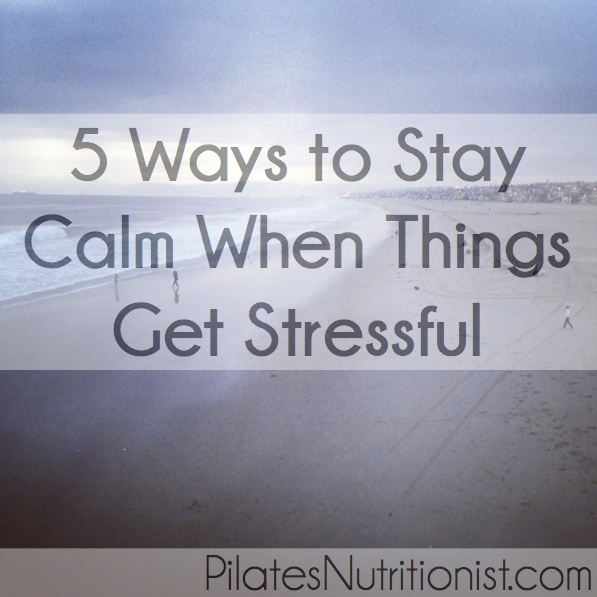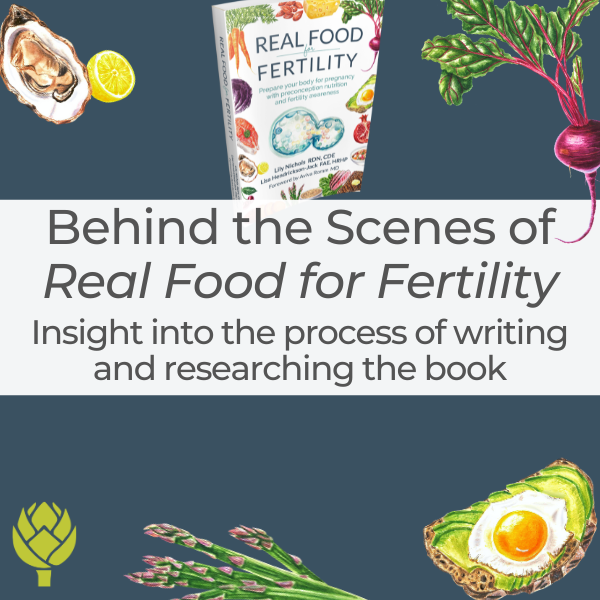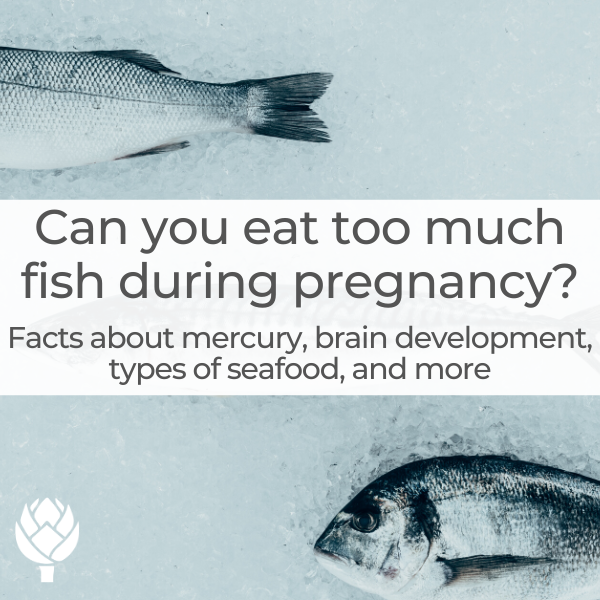Deadlines. Expectations. Go, go go.
Ever feel like you just don’t have enough time to get it all done? You go into autopilot. Panic mode. Keep working and burning the candle at both ends until you’re spent. 12 hour days turn into 14 hour days which turn into all nighters.
Coffee is king.
Once you fulfill your big commitment and things calm down, you crash. I’m pretty sure this happened to me every semester in college. I’d fight through the stress, work my tail off, and come home to enjoy my vacation only to be stuck in bed for a week with a nasty cold.
These days I’m taking a different approach. I can’t afford to crash like that. I need to have the energy to help my clients and serve as an example of good health.
However, these past few weeks have been pretty stressful. I’ve presented four lectures on prenatal nutrition and gestational diabetes and I have two more coming up this weekend. The candle is burning alright and I can’t blow it out yet.
Those who have known me for a while know that public speaking is not a skill I was born with. Not in the least. I was shy as they come. So much so that being called on to read aloud in second grade was painful. Pure torture.
Funny thing is, people who have just met me think public speaking comes easily to me. Feedback from the organizer of my last presentation gave me quite a smile:
“Easily the BEST presentation on prenatal nutrition thus far, you really know your stuff and it shows.”
So how do I stay calm when the pressure is on? How do I manage to speak to large groups without breaking a sweat? And how do I get through it all without completely wrecking my body and ending up in a stress induced semi-coma for a week?
Below, I’ll go over 5 ways to stay calm when things get stressful.
These can be applied to any stressful situation, such as interviewing for a job, handling an emergency, or simply getting through a rough day at the office.
-
Eat good food. You saw this coming. When you’re under stress, your body needs nutrition more than ever. I make sure to have a good breakfast every morning, even if my brain says “you’re too busy to eat” and especially when my brain says “you’re too busy to eat”. If I need to, I’ll choose to wake up 15 minutes earlier to ensure I get breakfast before I start my stressful day. I also pack healthy snacks with me so I don’t get stuck with high carb, processed vending machine fare. That stuff will not sustain my energy levels for long and what I need most on crazy days is consistent energy, not a sugar rush.
-
Practice good posture. Not only does good posture make you appear more confident to others, but it can actually influence your stress levels. Research on posture shows that holding a “high power pose”, one where you hold your chest high and don’t slouch, can reduce levels of the stress hormone, cortisol. Really! Simply holding a “high power pose” for 2 minutes reduces cortisol levels 25% on average. Why else is this cool? Because high cortisol levels make you crave carbs and sugar and tells your body to store fat around your belly. Let’s just say grandma was right. Again.
-
Do Pilates. Anyone who’s taken a well-taught Pilates class knows that you leave feeling both energized and calm. The precision of movement in Pilates and the mental focus it takes to execute an exercise properly means that your wandering, preoccupied brain won’t have the mental capacity to dwell on what’s stressing you out. Each movement takes your full attention so your mind can get a rest from playing that past or future scenario over and over again. Also, many Pilates exercises open up the chest and reinforce good posture, so you get the side benefit of power posing. We now know Pilates fights depression, too!
-
Meditate and be mindful. The benefits of meditation are well documented. It reduces stress, improves memory, and even helps with fatigue. Mindfulness meditation has even been associated with beneficial changes in grey matter in certain areas of the brain involved in learning and memory processes, emotion regulation and perspective taking. My preference is a guided mindfulness meditation. Even 10 minutes of sitting quietly with your eyes closed and sensing how your body feels in that moment can leave you feeling refreshed, focused, and ready to get to work.
-
Sleep. If you’re not laying your head on the pillow for at least 7 hours (personally, I need 8+), you’re likely sleep deprived. Lack of sleep means poor concentration, low energy, and you guessed it, more stress. Even when my brain is on overdrive and wants to keep working into the wee hours, I make an effort to stop, get away from technology, and wind down for the evening. I know I’ll be able to get the task done better and more efficiently the next day. Plus, being exposed to bright light near bedtime messes up your production of melatonin, a key sleep hormone that helps you fall asleep and stay asleep. Think about it – without artificial light, we’d all be in bed soon after sundown.
Even incorporating one of these practices into your life will help you stay calm when things get stressful. Which one will you choose?
So, in the comments below, tell me which of the above practices you find most helpful. Or if you have a stress-buster of your own, share it with us!
There’s a lot more to say about handling stress than these 5 tips, so I’d love to hear your secrets to keeping it cool.
You can bet I’ll be using these simple principles as I head into this weekend. Wish me luck at the conference!
Until next week,
Lily
PS –
For more on power posing, read this.
For more on choosing the right breakfast to sustain your energy without the mid-morning crash, read this.
Did you like this post? If so, be sure to sign up for email updates and share it with your friends.










Lily
I look forward to your columns. I keep asking myself how one could be so wise at your age. I certainly wasn’t. But I have discovered a few things as the years have advanced. I could never really meditate until I discovered tai chi. Moving meditation. I also am finding that trying to practice intentionality in my behavior helps a lot. And, finally, a little thing: writing out a list of the next day’s things to do (on a throw-away scrap of paper) helps me sleep at night.
Mike,
Yes! Using movement as a means for meditation is great – whether that means walking, tai chi, Pilates, yoga, rock climbing, or really any other activity. Like you said, it’s about being fully present in the moment.
I’m a huge fan of to-do lists, too. Keeps the focus on one task at a time and there’s a certain satisfaction about crossing something off and moving on.
Thanks for sharing your stress-fighting wisdom 🙂
Power posing is so fascinating to me. I must have looked funny attempting this in the car on my way to a job interview recently, but it was worth it.
Dana,
Isn’t it? Did you get a chance to read my other post on power posing? I’m now more conscious of my posture before speaking engagements and I think it makes a difference. Like Amy Cuddy says in her talk, “fake it ’til you make it”.
I like to sleep, I find that in a stressful situation, Sleeping/Snuggling with my purring cat is always comforting!
Aw. I love that! 😉